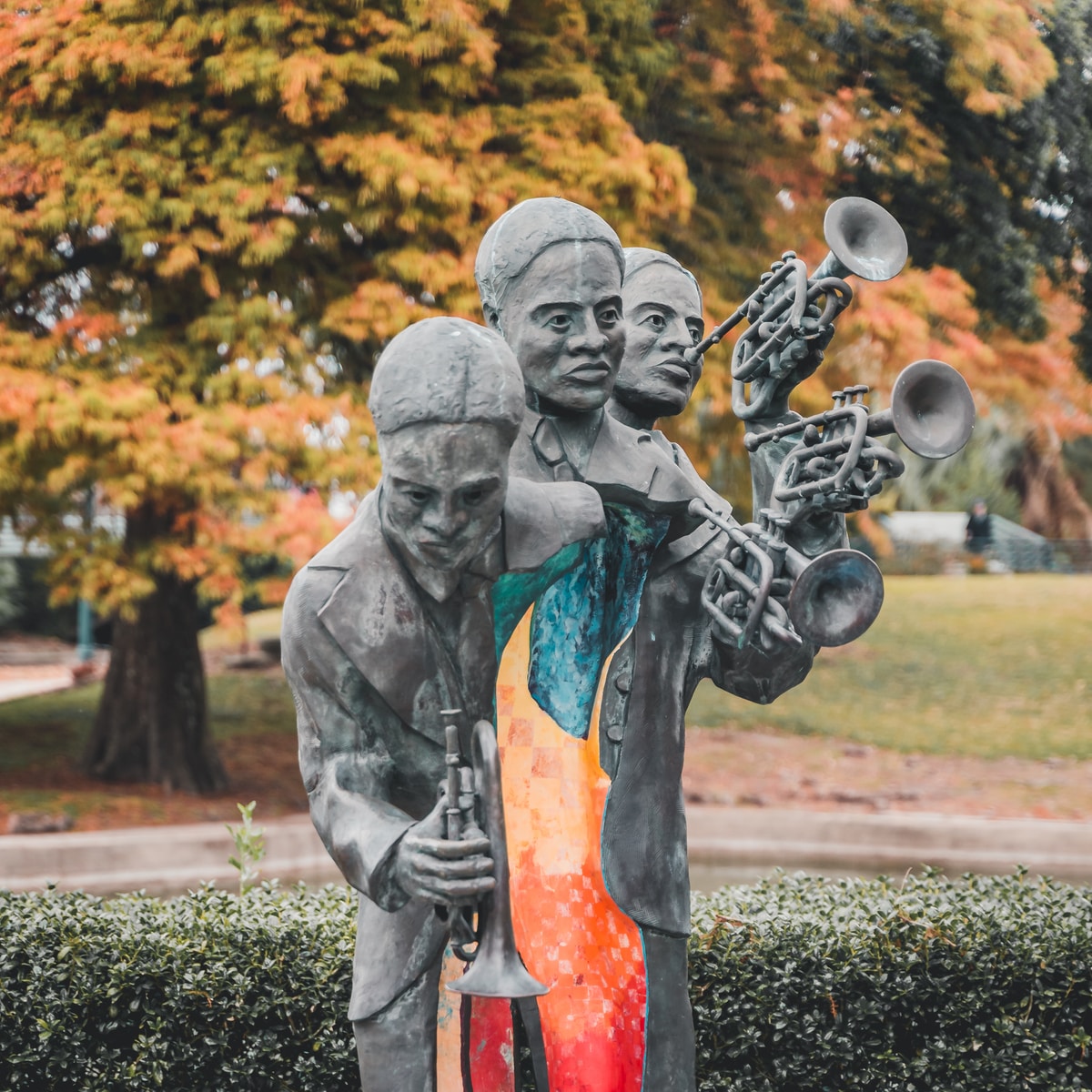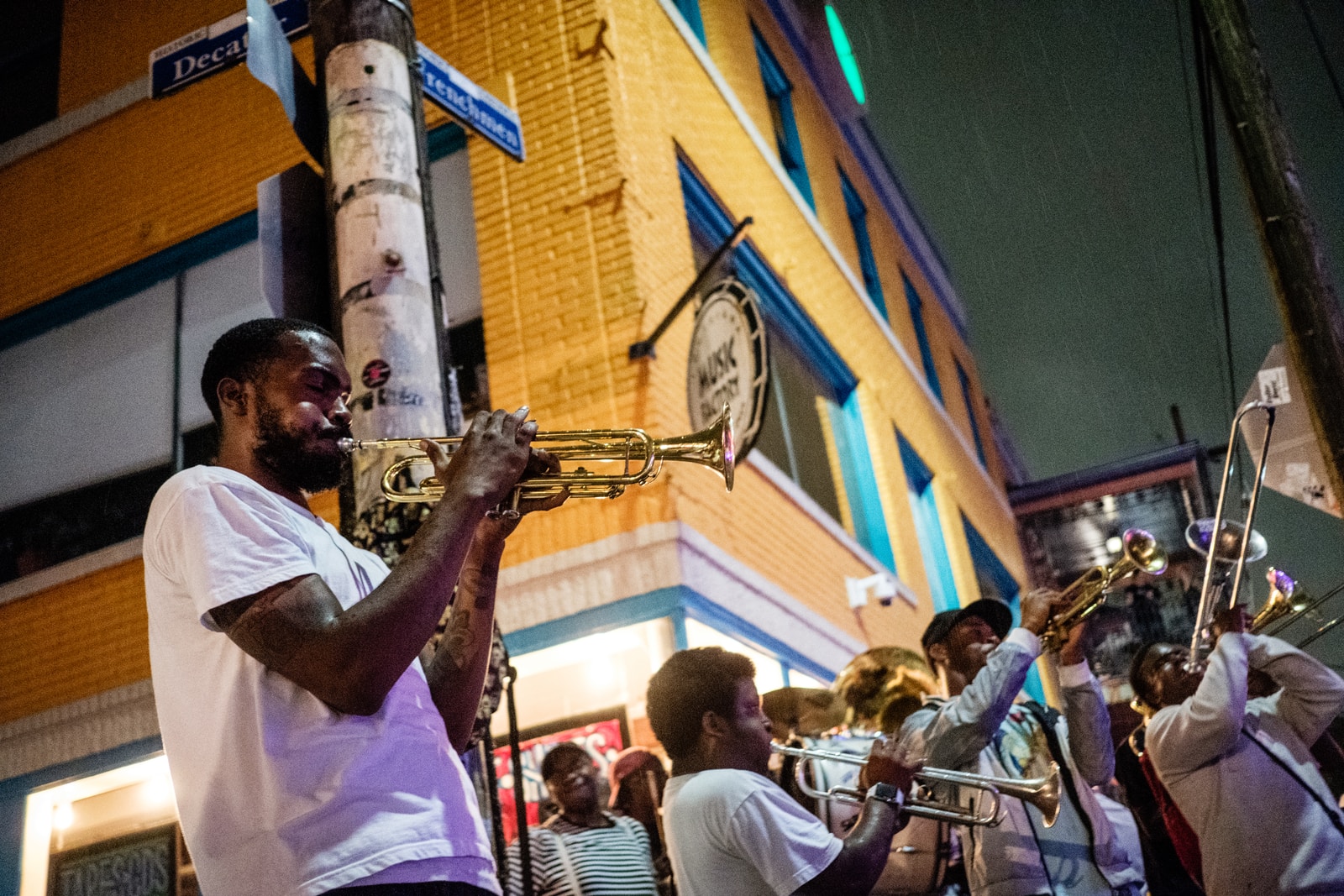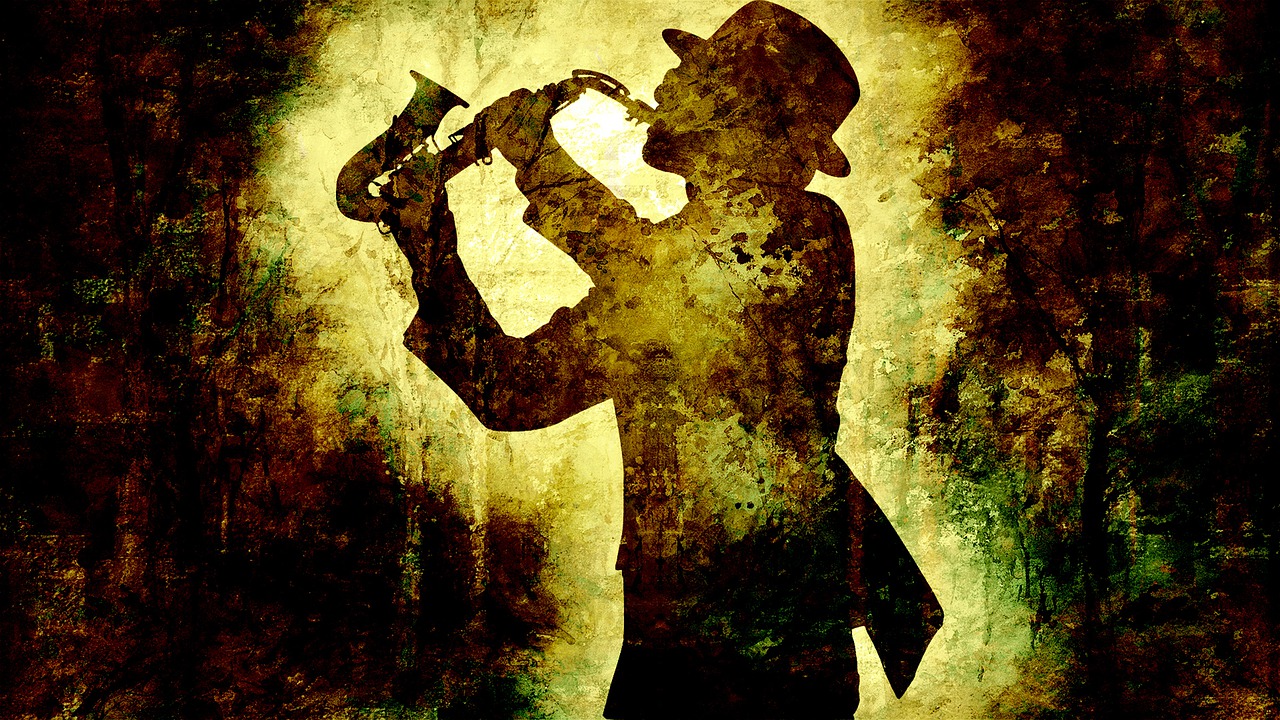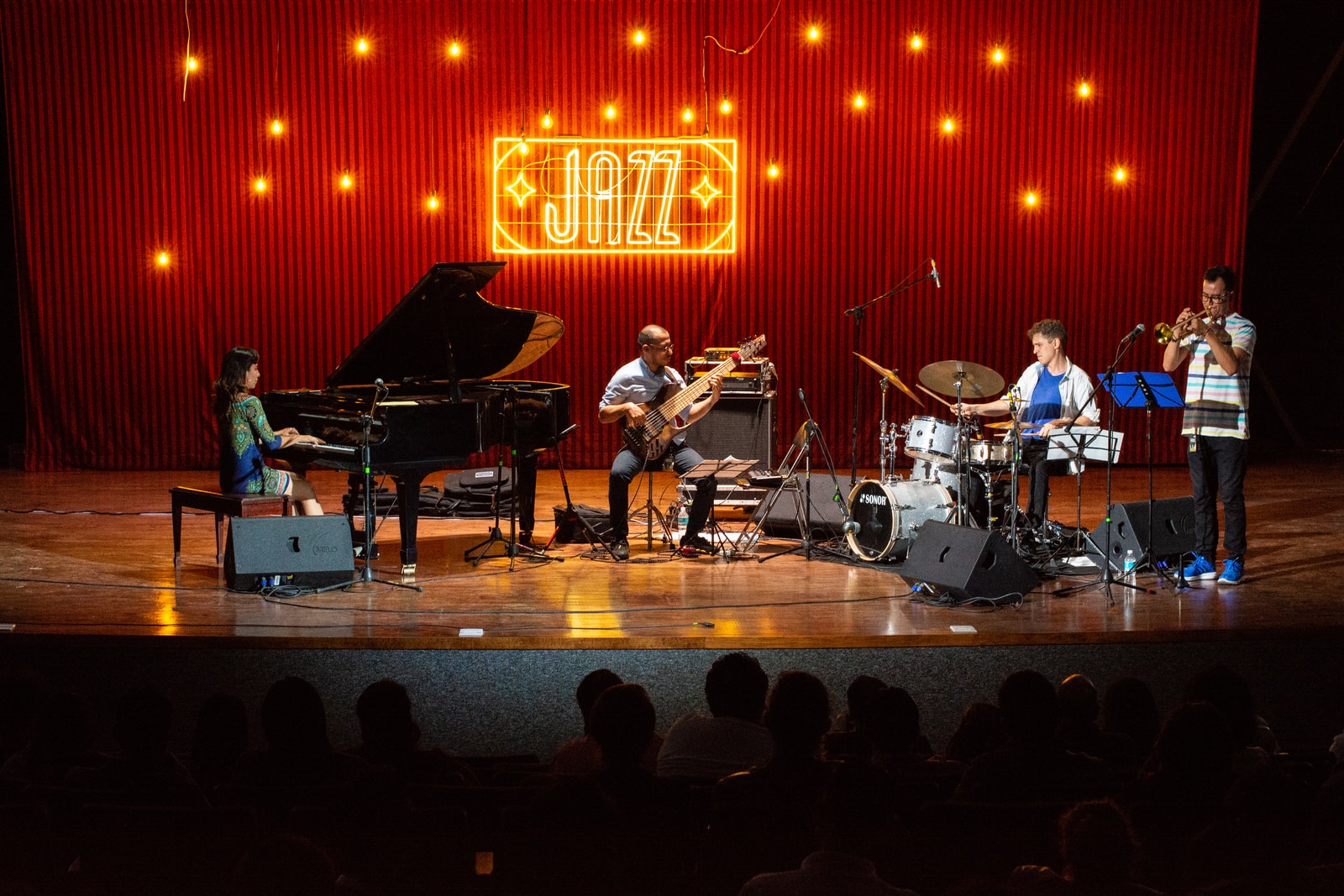Jazz is specific to America and also is commonly associated very closely with the city of New Orleans. Yet why is it so?
In all styles of standard jazz (Chicago, swing, west shore, Kansas City or Dixieland) New Orleans Jazz sticks out for a number of reasons. First and foremost, New Orleans is where it all started. While most Americans were relocating their feet to army marches in the late 1800s, New Orleans was moving to voodoo rhythms and drums. Certainly, you didn’t have to travel much to have the impact of Delta blues to incorporate those drum beats into a rhythm and also blues however that is prospering of the story. The combination of rhythm as well as delta blues combined with the noises of gospel hymns appeared in the churches of the very early 20th century. This gumbo of noises created by regional musicians in New Orleans created the really initial jazz.
The initial jazz greats are not always well-known or instructed in background courses. But from Friend Bolden, Sidney Bechet, Jelly Roll Morton, as well as Louis Armstrong, the genre has remained to hold the interest of modern excellent artists, such as Ellis Marsalis, Wynton Marsalis, and Harry Connick Jr. When Papa Jack Laine’s band circa 1885 played, it was discovered that he did so in “ragged time.” It has been claimed that these musicians who were playing in various tempos developed the following style, called “swing.” This might be so, but Papa Jack was also a widely known clarinettist, educator, as well as mentor to a number of early jazz artists.

One more consider the very early New Orleans audio was the significance of improvisation. In symphonic music, the objective is to play the exact same tracks without varying from one note each time play an item. Now as for jazz, the idea is to make use of the melody line as a guide and after that to play extemporaneous passages based upon that melody as well as chord structure.
New Orleans jazz can also be called “hot jazz” or “very early jazz”, which led to the Lindy Jump dance in Harlem not numerous years later on. However, the genuine reason New Orleans took off as the birthplace of jazz is that the one-of-a-kind cultural atmosphere of New Orleans in the late 19th and also 20th centuries (home to both Spanish as well as French colonial origins, along with recently released African servants) could not be located anywhere else. It’s still true today – there’s no location like New Orleans.
By 1917, the very early pioneers of jazz were taking their music on the road. Jazz spread like wildfire from Chicago to New York City, right from Kansas City to the West Coast. Many artists remained to evolve the form and left their mark on the developing style (and still continues today!). New Orleans jazz lives and also well in the city of New Orleans and also throughout the world.
In addition, many of the terrific musicians remained at a residence in the 1920s which lead to such wonderful bands as Papa Celestin’s Original Tuxedo Jazz Orchestra, A.J. Piron’s New Orleans Band, The Sam Morgan Jazz band and numerous others. None of these artists arrived in the manner of Louis Armstrong or Jelly Roll Morton, yet the reality is the music scene in New Orleans continues to be fertile ground for innovative musicians united by a common love of that syncopated swing noise known as New Orleans Jazz.



